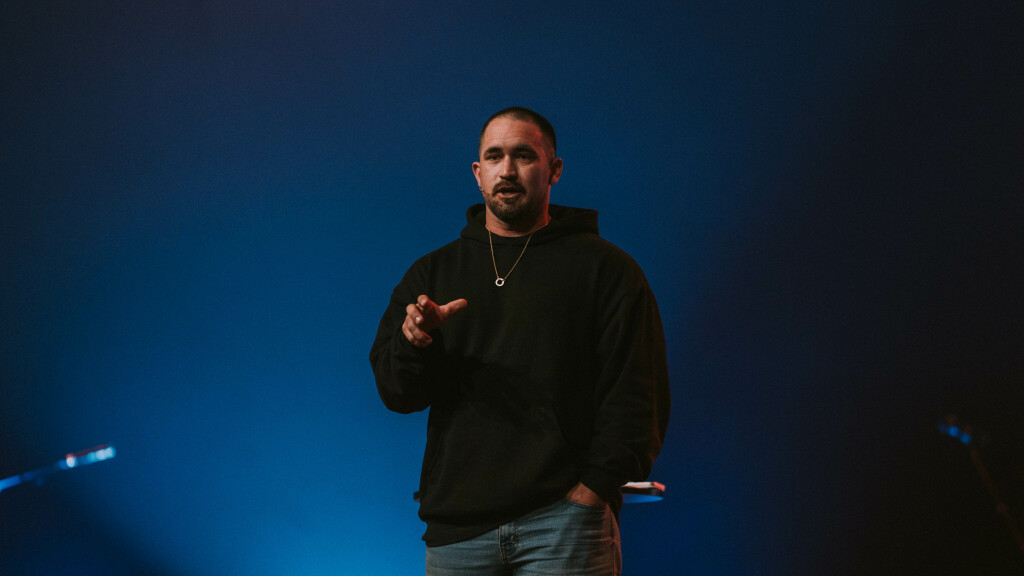By Jordan Burgen
Question:
Hi Jim,
We talked a couple of weeks ago after service about the interpretations of some Bible stories making God seem untrustworthy. An example we talked about was Abraham & Isaac & how God testing Abraham after blessing him seems cruel. How do I trust a God that messes with His people?? I shared about a different interpretation by a Rabbi in a book I'd read a few years ago but couldn't remember the details. I found the excerpt & here's the link to get your feedback on it.
To me it seems a little more relatable in that I feel like I misunderstand God and am relieved that He'll rescue me before I really mess it up if I'm following Him. I'm not a scholar, so what am I missing?
Yo u had shared that the Abraham/Isaac story pointed to Jesus being sacrificed and I wanted to check in with you to see your thoughts of this interpretation of the events. Must say that for me this interpretation of the events paints a picture of a God that can be trusted.
I said I'd keep inquiring into this world of trusting God. Thanks for aiding in guiding this journey.
Thank you for your question! I am not Jim, but due to his schedule, he has asked me to answer this for you. I will do my best to answer it fully!
First, I want to address the passage that you sent with its explanation. I do not agree with the translation it puts forth. Yes, the Hebrew words used
Second, I want to talk about the significance of the request and its premature termination. As I said before, child and human sacrifice were common in that part of the world at this time in history. This could be seen as God putting an end to that for His people. Never again does God command that any of His followers sacrifice their sons. It could be seen as a way of showing that His way was going to be different than the ways of the world. To demonstrate this, He actually asks for it with
Third, and absolutely most important, God was symbolizing and foretelling the way in which He planned to save all of humanity from His holy wrath. God is holy and perfect and demands perfection in order to be connected with Him for all eternity, both now and after this life. However, we are sinful and fallen and cannot be with Him in our current state. The consequence of this is eternal separation from God. He cannot turn a blind eye to sin and leave it unpunished, but He also loves us so much that He was willing to find a way that didn’t condone the sin, but saved the sinner. The only way for this to happen was a perfect sacrifice of His providing, as we cannot provide it ourselves. This is beautifully shown in the story of Abraham and Isaac. Since we are not perfect, God demands that we pay for our sins, particularly through death and eternal separation from Him. That is the wage of sin. But in His holy love, He provided a substitute for Abraham to use so that Isaac could be spared. In the same way, He has provided a substitute for us in Jesus Christ. He didn’t have to (just as He didn’t have to stop Abraham from sacrificing Isaac) as His condemnation of us was totally justified, but He wanted to.
So, to wrap everything up, this story serves multiple purposes. First, to test Abraham’s faith, as he was the one that God would bring forth the nation of Israel and the salvation of the world (Jesus). 2nd, he wanted to declare Himself holy and separate from all other gods. Third, and most importantly, He wanted to paint a picture for us of His holy love and the concept of substitution for the payment of sins, and that this grace is applied to us through faith. God was not just messing with Abraham. He had a very righteous goal in mind, even if Abraham didn’t understand it at the time. Everything God does has a purpose that is consistent with his perfect character, righteousness, and love; it may just take some time and/or
Jordan Burgen























